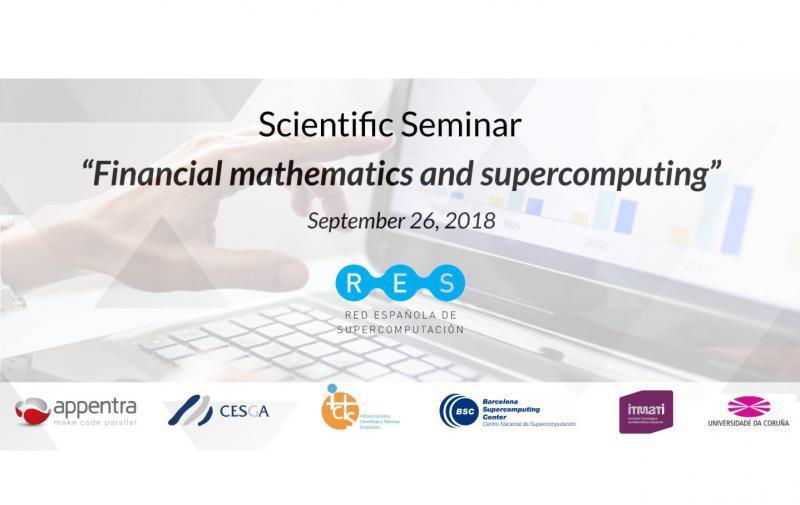Improving the productivity, quality and sustainability of scientific software in the field of engineering and computational science (Computational Science and Engineering – CSE) is a challenge of growing importance in the field of supercomputing, particularly relevant due to the increasing complexity of computational models, the architecture of computers and the software projects needed in future exascale systems. It is of vital importance to create an ecosystem of methodologies, good practices, processes and tools that allow for the development of better scientific software for HPC.
The valuation of financial products and processes is based on the numerical simulation of the mathematical models that govern the operation thereof. Among others, Monte Carlo techniques, numerical resolution of differential equations and numerical optimization methods are used. The size of the financial portfolios, the increasing complexity of the models (stochastic volatility, early exercise, etc.) and the number of underlyings (in derivatives of types, for example) demand a large number of computation hours. The need for answers in real time or within a reasonable time frame often requires the use of the resources of high-performance computing systems, sometimes using very heterogeneous systems (CPUs, GPUs, etc.). For a long time, the RES has provided these resources to the research groups that need it. However, it is necessary to provide researchers with the necessary knowledge to efficiently take advantage of RES resources, taking into account the criteria of productivity, quality and sustainability of scientific software.
“Financial mathematics and supercomputing” is a seminar whose aim is to present experiences of researchers in the field of quantitative finance, in which they will share their own experiences using supercomputing, as well as the challenges they face in the development of quality numerical simulation programs allowing them to minimize the effort and cost of software development and maintenance, maximizing the results of their R&D projects.
This scientific seminar will be held at the same time as CESGAHack 3, a 5-day hackathon whose objective is to accelerate the execution of scientific applications of the participating teams.
Agenda and registration in the website of the event.
